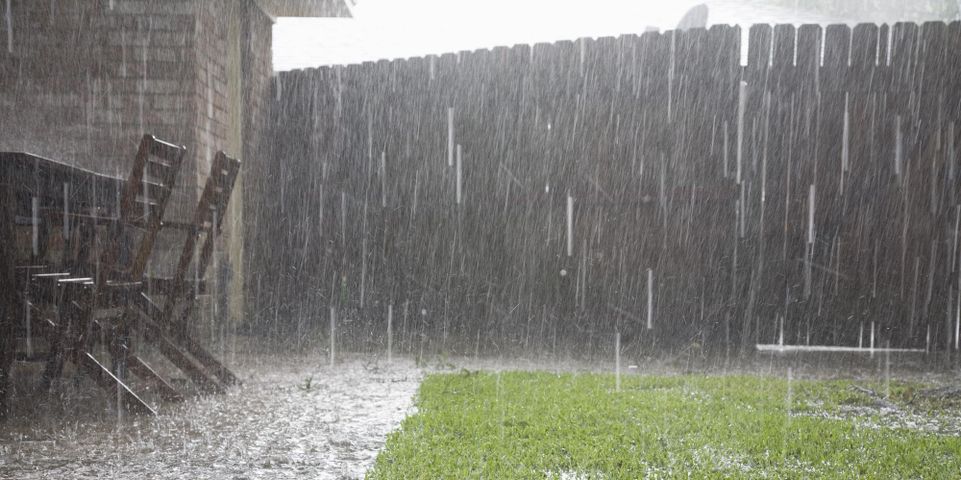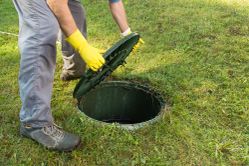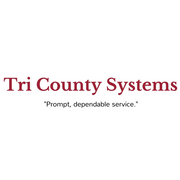
Your septic tank processes wastewater by sending it into the ground through a leach field. When the soil is already saturated with water due to heavy rain or flooding, your system can’t dispose of liquids. This will cause it to stop working and can create water backups that enter your home. If you want to learn more about how pooling affects your septic unit, here’s more information on preventing the issue and what to do if it happens to you.
How to Prevent Water Damage
To avoid problems, minimize the amount of water that can pool over your leach field and septic tank. Building high mounds of soil in these areas will help rainwater run off instead of pooling. Make sure the downspouts from your gutters also point away from the septic system to prevent it from draining over it. Installing a backflow preventer between the septic tank and your home will also keep water flowing in one direction in case of a problem.
What to Do After a Flood
 If your septic system stops working due to an oversaturated leach field, use your plumbing fixtures as little as possible. This will help you avoid backups in your drains. Don’t pump your tank in this condition, because when the area is muddy, an empty tank can rise closer to the surface. When the water recedes, get septic pumping and have your tank and leach field inspected for any signs of damage caused by the wet weather. Your technician will conduct any necessary repairs to ensure it can get back to work.
If your septic system stops working due to an oversaturated leach field, use your plumbing fixtures as little as possible. This will help you avoid backups in your drains. Don’t pump your tank in this condition, because when the area is muddy, an empty tank can rise closer to the surface. When the water recedes, get septic pumping and have your tank and leach field inspected for any signs of damage caused by the wet weather. Your technician will conduct any necessary repairs to ensure it can get back to work.
For reliable septic tank inspections and pumping in Rochester, NY, choose Tri County Systems. Serving Monroe, Wayne, and Ontario counties, they offer prompt installations, cleaning, repairs, and inspections to ensure your system works efficiently. They provide affordable and high-quality work. See what they do online or call (585) 467-2550 to schedule service.
About the Business
Have a question? Ask the experts!
Send your question

